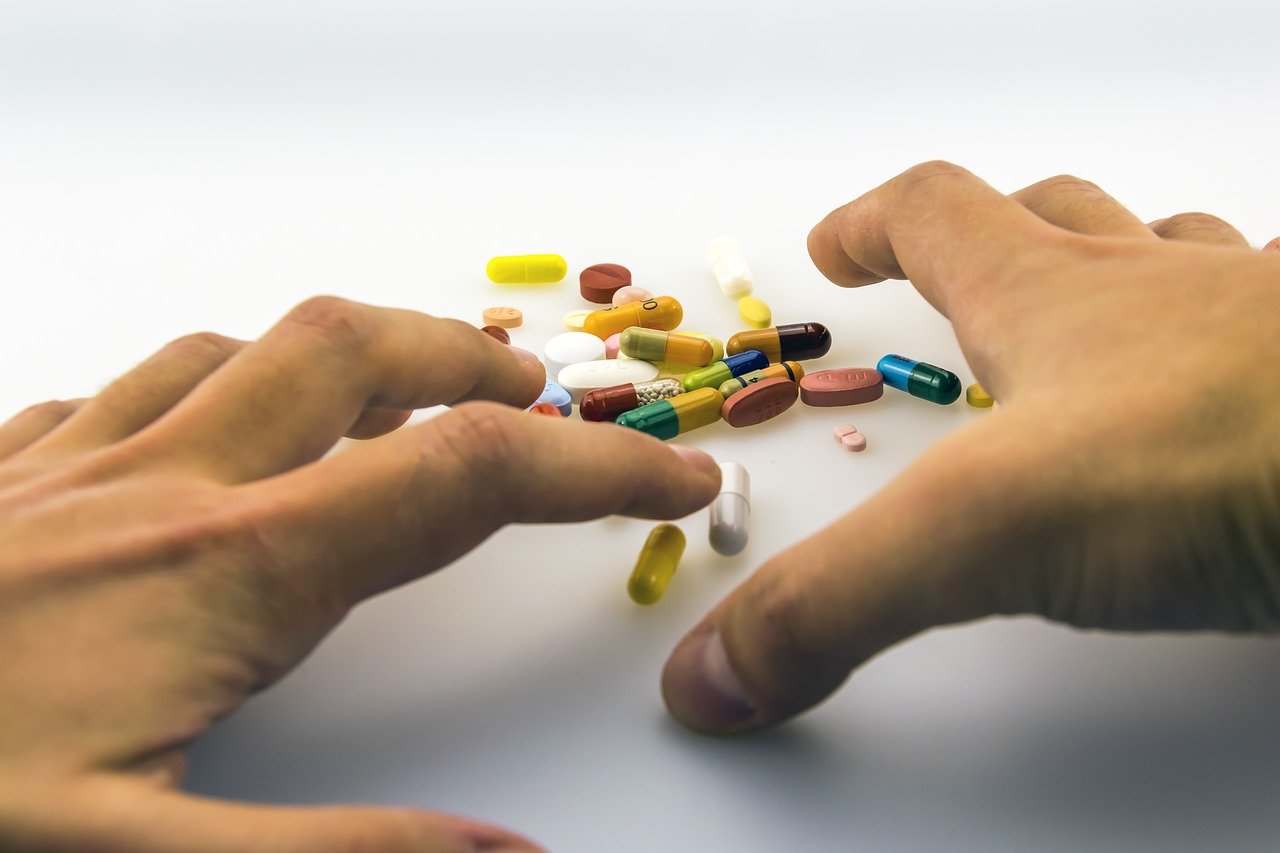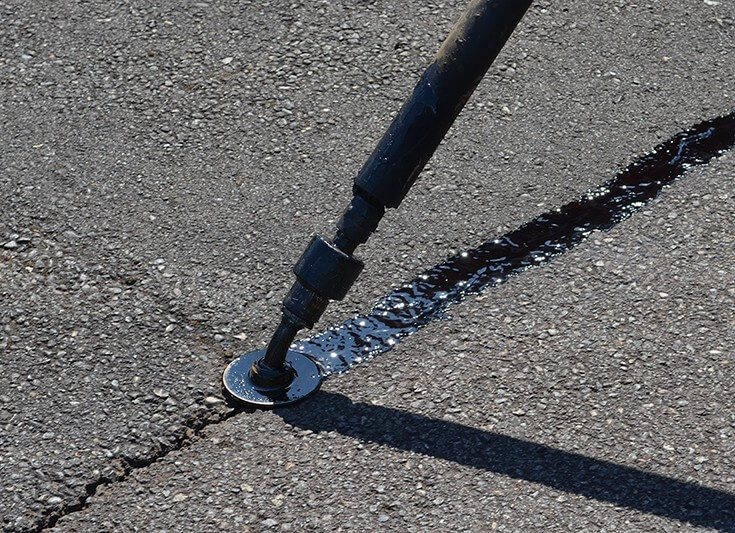Bystolic, which is also known as Nebivolol, is a beta-blocker drug. Bystolic affects the circulation of blood through the arteries and veins. It is prescribed to heart patients who have hypertension (also known as high blood pressure).
Bystolic is also prescribed to treat heart failure. It lowers the blood pressure and thus prevents the risk of heart stroke or failure. It is consumed orally. Bystolic can be used by itself or with other blood pressure-related medications. But it is not recommended to consume along with other beta-blockers. Bystolic should be kept at room temperature, away from heat and moisture.
Like any other medicine, Bystolic must be consumed exactly as prescribed by the doctor. Do not increase, decrease, or stop your dosage without your doctor’s advice. It is highly recommended one must follow the directions mentioned on the label. Bystolic can be consumed with or without food. But it should be consumed every day at the same time.
One is advised not to stop this medication abruptly as doing this can worsen your heart condition and lead to severe chest pains or even lead to heart failure.
If a dose is missed, one should take it as soon as he/she remembers it. Miss the dose if you remember very close to the time of the next dosage.
In case of an overdose of Bystolic, seek medical attention as soon as possible. Or dial the emergency helpline for poisoning.
One should avoid driving soon after consuming Bystolic, as it impairs your reaction time and thinking. If one needs surgery, the doctor must be told that the patient is on the medication. While on the medication, one may need to visit the doctor regularly to get your blood pressure checked. The doctor will lower the dosage gradually as one is healthy enough to get off the medication.
One should always keep in mind that Bystolic is just a part of the treatment. One must eat healthily and exercise regularly to maintain good cardiac health. Sometimes, high blood pressure doesn’t show any symptoms until it reaches to bad condition. Therefore, one is advised to go for regular checkups to keep the cardiac health on track. Some heart patients have to permanently take the medication all their lives if the doctor recommends so.
Bystolic also has some side effects. In some cases, it can lead to allergic reactions such as swelling on the face, lips, tongue, throat, or hives on the skin, difficulty breathing, etc. one should get emergency help in such cases as these can become dangerous.
Bystolic’s simple side effects are headache, tiredness, stomach pain, nausea, diarrhoea, and insomnia. More serious side effects of Bystolic include swelling of ankles or feet, slow and uneven heartbeats, feeling short in breathing, numbness of limbs, or the limbs getting very cold. One should consult a doctor in such cases as these are serious ones and can be life-threatening.
Bystolic upon consumption with other drugs can lead to serious complications. Therefore, it is advised that one must tell the doctor about the other medications that one is consuming.
This is because these drugs like clonidine, digitalis, antibiotics, reserpine, ropinirole, other beta-blockers, over-the-counter medicines, other herbal products, etc., react with Bystolic. No new medicine should be started without the consultation of the doctor.
Further, all these medications should be kept away from the reach of children. One should never share their medicine with others and never start Bystolic without a doctor’s proper prescription.
Always contact your healthcare provider to confirm the information mentioned on this page.







